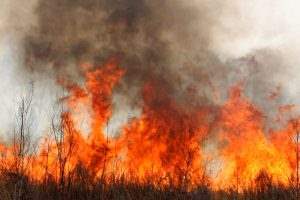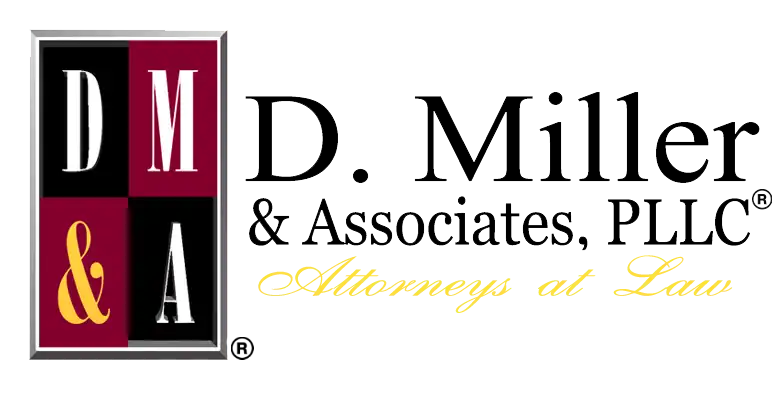It is important for you to know what to do before, during and after a wildfire because it can make a difference for your family’s future wellbeing. Many people tell us that they wish they had known what to do before the fire to be better prepared.
Recently, Texas has been hit hard by wildfires, especially in Bastrop and Walker counties. On Monday, October 19, 2015, the Hidden Pines fire in Bastrop County was finally 70% contained according to authorities. Meanwhile it had burned over 4500 acres and over 60 buildings, including homes and businesses.
As the Bastrop wildfires wind down, we have received word of another Texas wildfire in Walker County where mandatory evacuations were ordered for about 300 homes and according to county officials, 9 area fire departments are fighting the fire on ground while the Texas A&M Forest Service is assisting from the air.
Hopefully the Walker County fires will be contained shortly with a minimum of loss and heartache. In Bastrop County, residents will soon be allowed to return home and begin the emotional chore of inventorying their losses and filing insurance claims. Which you don’t have to do alone, but more about that later.
Steps You Can Take Now.
There are steps you are advised to take now to make your home or business more fire resistant and to ensure your safety and wellbeing in case of a wildfire.
- Use fire-resistant building materials and landscaping
- Clear away flammable materials around your home or business. This can include dead vegetation, decaying wood and paper.
- Review your insurance policy carefully. Make sure you have enough coverage for your home and your belongings. You do not want to discover too late that you are not adequately covered.
- Know how to monitor emergency events in your area. Sign up for text or email alerts in your community if available. You might want to invest in a NOAA Weather Radio (NWR) All Hazards receiver.
- Make an evacuation plan with your family. This should include what course of action you will need to take for pets, service animals and livestock. Map several escape routes. Make lists of items you need to take with you during an evacuation such as medications, identification, and cell phones.
- Practice fire prevention and first aid skills. Look for training classes at your community college or the Red Cross.
When you see a wildfire, always call 911 immediately to report it. If you have time, there are a few steps you should take reduce the risk to your home.
- Close windows, vents, and doors.
- Disconnect automatic garage doors.
- Remove flammable curtains and move furniture away from windows.
- Fill containers with water.
- Shut off gas from the source.
If you are told to evacuate, do not think you should wait it out, leave! If you are driving, keep windows and air vents closed to reduce smoke irritation. Watch for other drivers and animals.
You Can Return Home, Now What Do You Do?
After the authorities notify you that it is safe to return to your home or business, there may still be safety risks. It is recommended that you have a professional inspect your building before you go in as there may still be hot spots and other dangers. Stay away from downed power lines. Spray your roof with water if possible to protect against embers.
Do not drink or use the water until the authorities say it is safe to do so. Throw away all food exposed to smoke.
Time To File Your Insurance Claim!
Remember that insurance policy you reviewed before the wildfire? Now is the time to begin the process of getting what you deserve.
First, along with reviewing your policy before a catastrophe occurs, you should photograph or videotape your home (or business) and contents. Then store your inventory along with all important documents, including your homeowner’s policy, in a fireproof, waterproof safe. If you are storing electronically, be sure to store a backup either in the safe or in a cloud-based service. You will need access to your insurance policy in order to file a claim.
Your insurance company will likely send an insurance adjuster to inspect your home or business location and to verify your losses. The insurance payout will be based on the adjuster’s findings. You do have the right to question their decision. Of course, that will delay your insurance payout.
Because of the possibility of a gross underestimate of their damages, along with the delay of payment, many home and business owners are turning to personal injury lawyers like D. Miller & Associates for help with their claim.
The aftermath of a wildfire can be devastating. Along with the destruction, you may have emotional as well as physical pain. You do not have to also face the risk of financial hurt by fighting the insurance company alone.
You have an overwhelming amount of work to do in order to get your life back to normal. Let our experienced wildfire attorneys aggressively fight for you in order to win the highest amount you deserve.
We work with both residential and commercial claims. There is no charge to find out how we can help you. Work with attorneys that are used to dealing with insurance adjusters successfully. Protect your family’s financial future by letting the legal professionals work for you!
